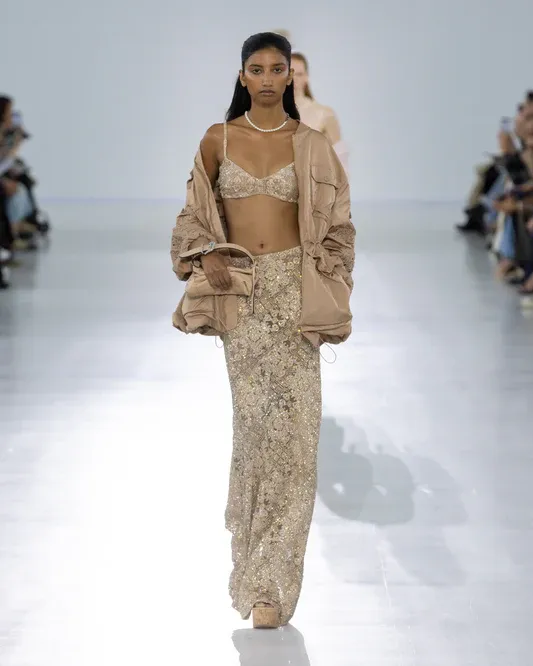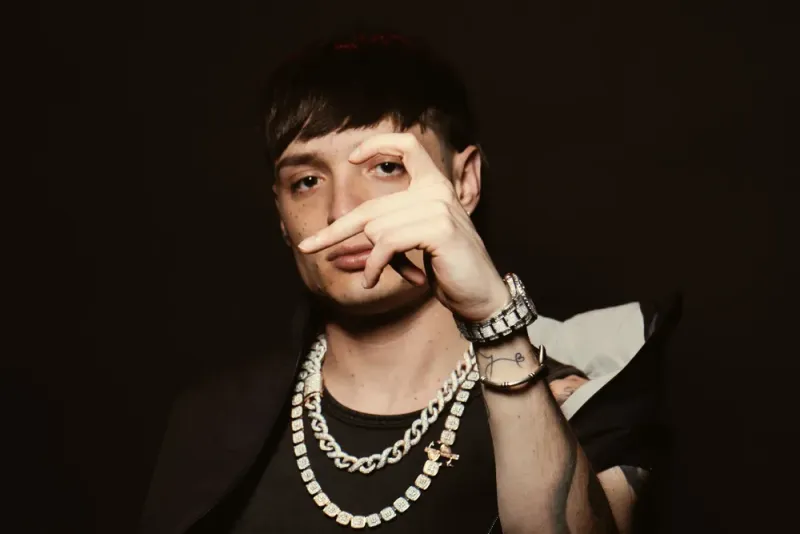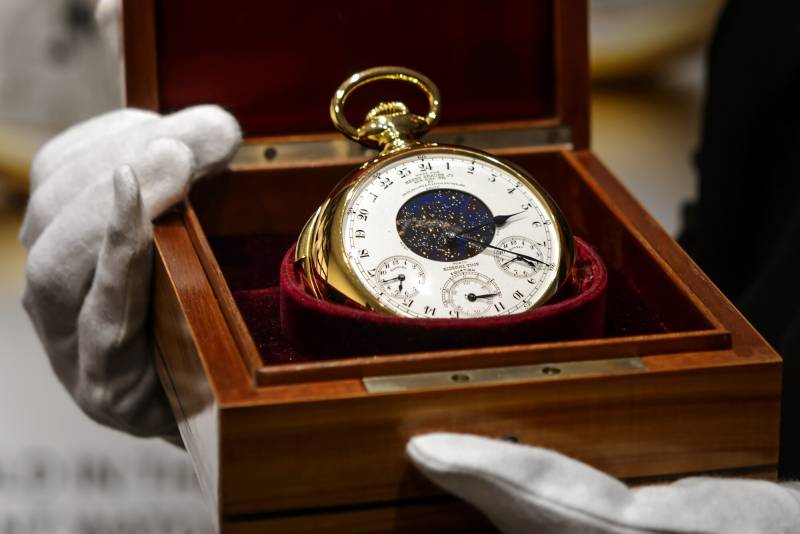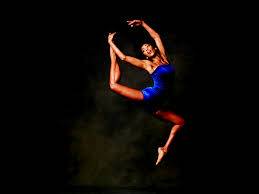If you have afro curly hair, you’ll most likely have used a particular type of hair scale to try and identify just how curly your hair is. Designed by Oprah Winfrey’s hairdresser Andre Walker in the 1990s, the 1a-4c hair chart has become a staple way for many Black women to categorise their natural curls. When going “natural” — breaking away from chemicals and regular usage of heat-based tools to manipulate your hair — one of the first questions posed to you will be: “what is your hair type?”. Everyone from professional Black hairstylists, beauty influencers and TikTok creators, to what feels like the whole natural hair movement seems to use this scale. But the scale has not been without its controversies. How useful is Andre Walker’s hair scale in measuring the variety and totality of afro hair? And does it create more issues than it solves?
The hair scale was originally used as a marketing tool for Andre Walker to sell his hair products. The scale is broken into four overall categories; 1a-c are “straight” hair textures, 2a-c are “wavy” hair textures, 3a-c are “curly” hair textures and 4a-c are “kinky” hair textures. The concept was that you would be able to choose from his line of products, based on how your hair was categorised. The scale was created long after the 1970s natural hair movement, where for the first time Black people were being encouraged to embrace and buy products that complement their natural hair texture. Andre’s scale was created during a resurgence of high manipulation of Black hair, such as a return to relaxers and the Jerry Curl boom.
Walker himself has claimed in a 2011 interview with Elle Magazine that, unlike looser 1a-3c hair, “kinky hair can have limited styling options. “That's the only hair type that I suggest altering with professional relaxing," he said at the time. Rather than apologising for what are clearly texturist remarks, he doubled down on those comments when critiqued, adding “my advice is based on how to best achieve strong, healthy hair. So for those who would like to engage me in a debate about who has more racial pride and self-esteem, based on hairstyle preference and use or non-use of chemical relaxers, know that I believe in personal freedom, and in the use of advanced technology when it yields positive results, which many of today's (versus yesterday's) chemical relaxers do deliver." Sadly, his emphasis on “personal freedoms” does nothing to acknowledge that his recommendations for kinkier hair contribute to a wider beauty standard that kinky Black hair in its natural state is inferior and incapable of being manageable and beautiful on its own terms. This makes it very difficult for Black women with kinkier hair to simply “choose” to be natural when even professional hairstylists don’t recommend it.
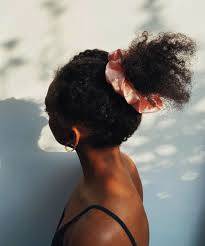
You might also be interested
